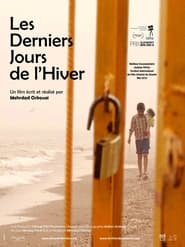detail profile mehrdad oskouei
Peran Yang Di Mainkan Mehrdad Oskouei
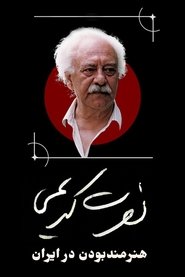 This documentary series spanning six featurelength...
This documentary series spanning six featurelength...Nosrat Karimi, Being an Artist in Iran 2024
This documentary series, spanning six feature-length films, explores the life and artistic journey of Nosratollah Karimi — an Iranian actor of theater and cinema, director, writer, sculptor, university professor, and gardener.
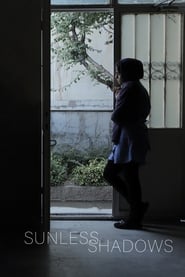 In an Iranian juvenile detention center...
In an Iranian juvenile detention center...Sunless Shadows 2022
In an Iranian juvenile detention center, a group of adolescent girls serve their sentence for the grave crime of murdering their father, their husband or another male family member.
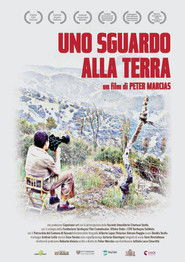 Sardinia 2017 The starting point for the...
Sardinia 2017 The starting point for the...Uno sguardo alla Terra 2018
Sardinia 2017. The starting point for the film is one of the most loved lands in the Mediterranean, using it to enter into the world of cinema. Ten international masters of cinema explain Fiorenzo Serra's images, one of the greatest post-war Italian documentary makers. His masterpiece, "The last punch of Earth", will be analyzed and debated, a film which examined Italian change and European reflection.
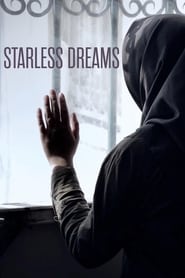 Heavy snow falls from the sky...
Heavy snow falls from the sky...Starless Dreams 2017
Heavy snow falls from the sky as heavily-armed guards patrol the walls of an Iranian centre of correction and rehabilitation. Inside, the girls are waiting at the food counter. Among them are underage mothers and others who are married. All of them ended up here after becoming involved in crime. Drug dealing, assault, murder. Yet instead of cold-blooded criminals we discover friendly, warm young people who laugh, sing and cry together. Their close bonds have been forged by the troubled past they share. We learn of their fears of having to return to the lives they once left behind. The documental camera is intimate but respectful, the resulting portraits are full of dignity.
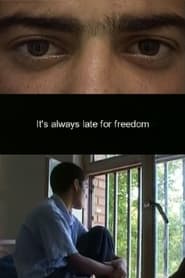 A documentary depicting the life of...
A documentary depicting the life of...It's Always Late for Freedom 2007
A documentary depicting the life of three teenager boys in the Tehran House of Correction. They are portrayed as victims of serious social problems such as addiction, poverty, and divorce.
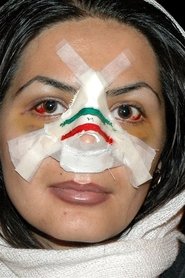 A look at the reasons why...
A look at the reasons why...Nose Iranian Style 2006
A look at the reasons why every year 70,000 Iranians have a nose job.
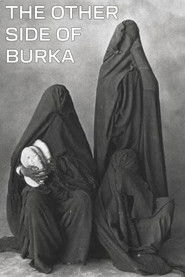 The Other Side of Burka is...
The Other Side of Burka is...The Other Side of Burka 2004
The Other Side of Burka is a 2004 Iranian documentary directed by Mehrdad Oskouei. In the southern island of Qeshm, Iran, which is a very strict region in point of tradition and African-Arabic rules, all women are under the pressure of patriarch society. Their sufferance is manifested by different mental (Zar, Possession) and physical diseases which must be only treated by Zar Ceremony. For the first time, despite the danger these women face, this film tells us the sad story of their life and shows their confection in front of the camera. It tries to be an honest mirror which reflects their sufferance and unveils their Burka to reveal their real characters.

